Optimal Seasons for Waterproofing Applications
Waterproofing is essential for protecting structures from water intrusion and damage. The timing of waterproofing applications can significantly impact their effectiveness and longevity. Proper scheduling ensures optimal adhesion, curing, and performance of waterproofing materials, reducing the risk of future issues.
Spring offers moderate temperatures and lower humidity, ideal for waterproofing projects. It allows sufficient curing time before summer heat or winter cold.
Summer provides warm, dry conditions, which facilitate quick drying and curing of waterproofing materials, especially in outdoor applications.
Fall's cooler temperatures and lower humidity levels make it suitable for waterproofing, particularly before winter sets in.
Winter is generally not recommended due to freezing temperatures and high moisture levels, which can hinder proper application and curing.
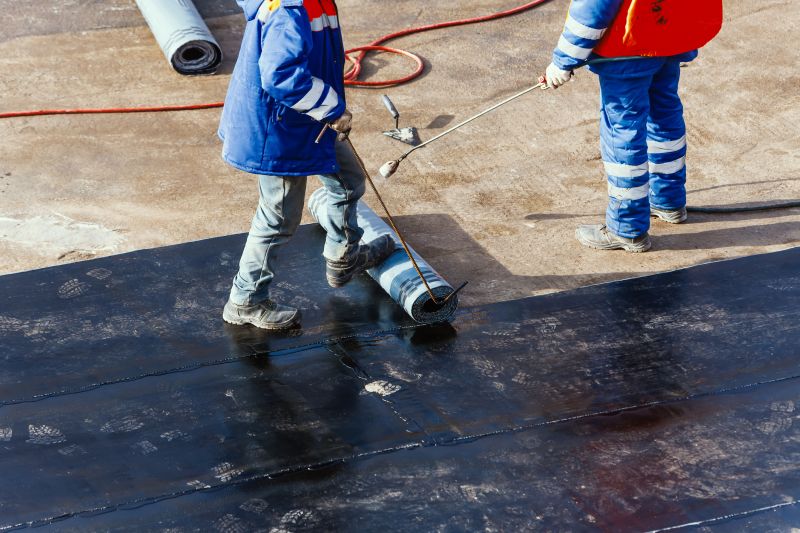
Image depicting waterproofing work during spring with mild weather conditions.
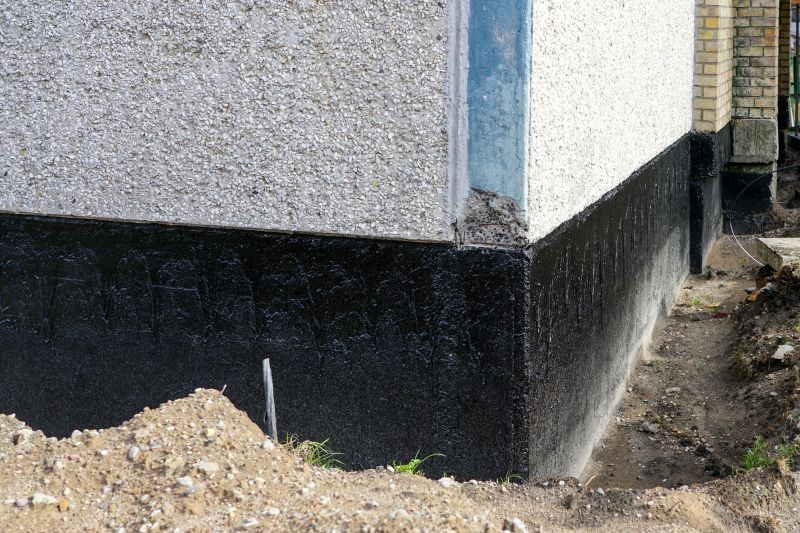
Image showing waterproofing being applied on a building exterior in summer.
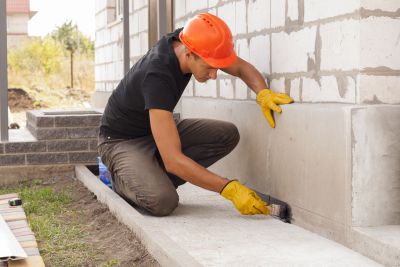
Image illustrating waterproofing work in autumn, preparing structures for winter.
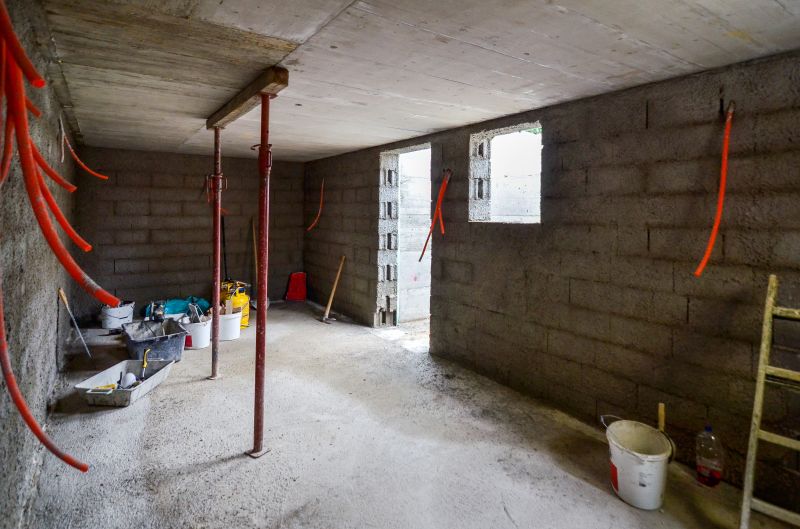
Ways to make Waterproofings work in tight or awkward layouts.
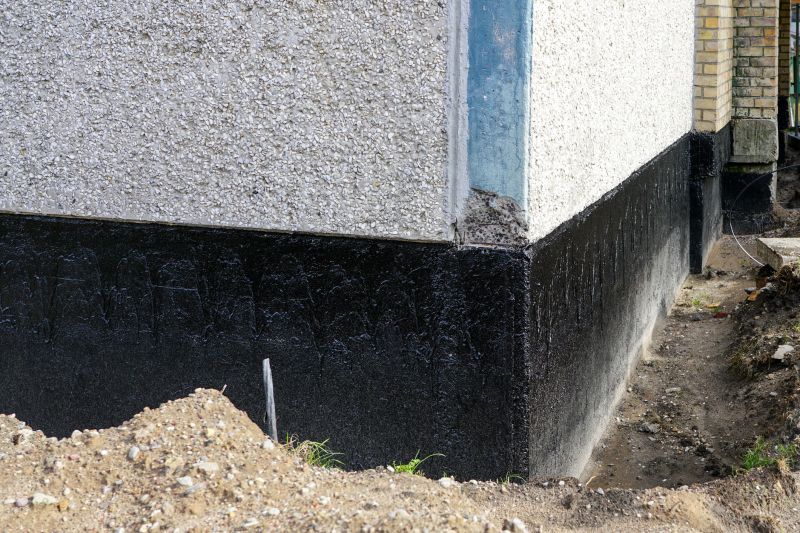
Popular materials for Waterproofings and why they hold up over time.
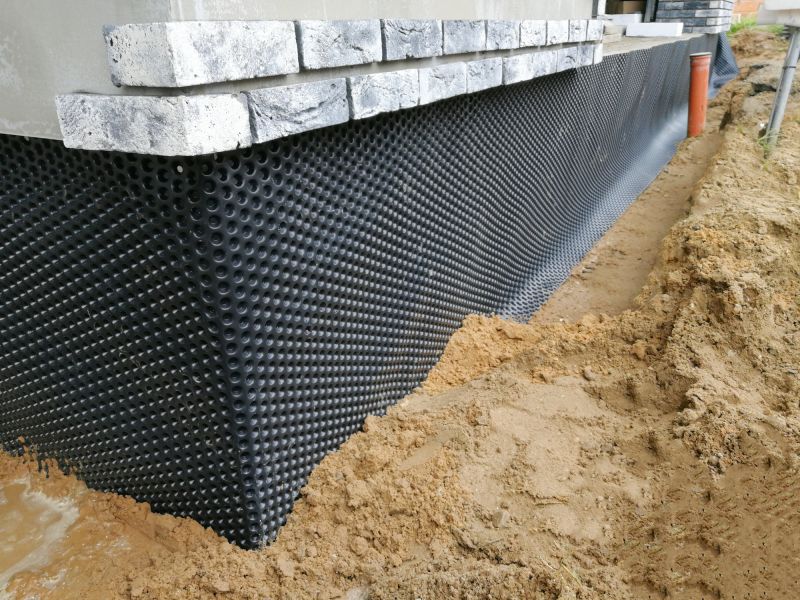
Simple add-ons that improve Waterproofings without blowing the budget.
| Season | Recommended Conditions |
|---|---|
| Spring | Moderate temperatures, low humidity, ideal for application |
| Summer | Warm and dry, supports quick curing |
| Fall | Cooler temperatures, low humidity, suitable for late-season projects |
| Winter | Freezing temperatures, high moisture levels, generally unsuitable |
Waterproofings involve the application of specialized materials designed to prevent water penetration in various structures. These materials include liquid membranes, sheet membranes, sealants, and coatings. Proper application and timing are critical to ensure durability and effectiveness. Statistics indicate that correctly timed waterproofing can extend the lifespan of a structure by several decades, reducing maintenance costs and preventing water-related damages such as mold, rot, and structural deterioration.
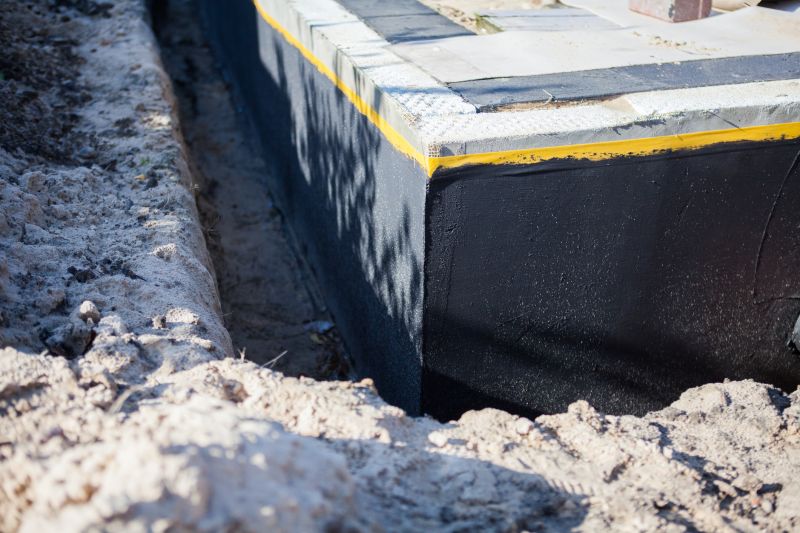
Image showing sealant being applied to a foundation.
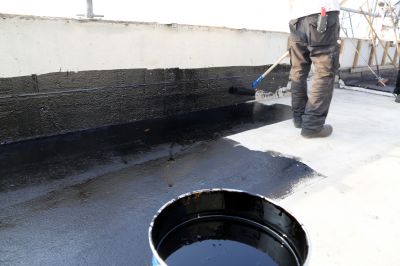
Image of roof waterproofing with membrane installation.
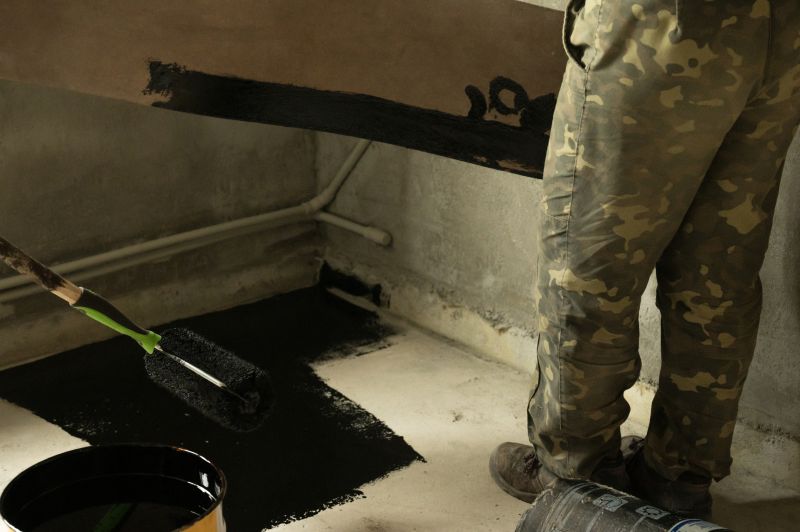
Image of basement wall waterproofing process.
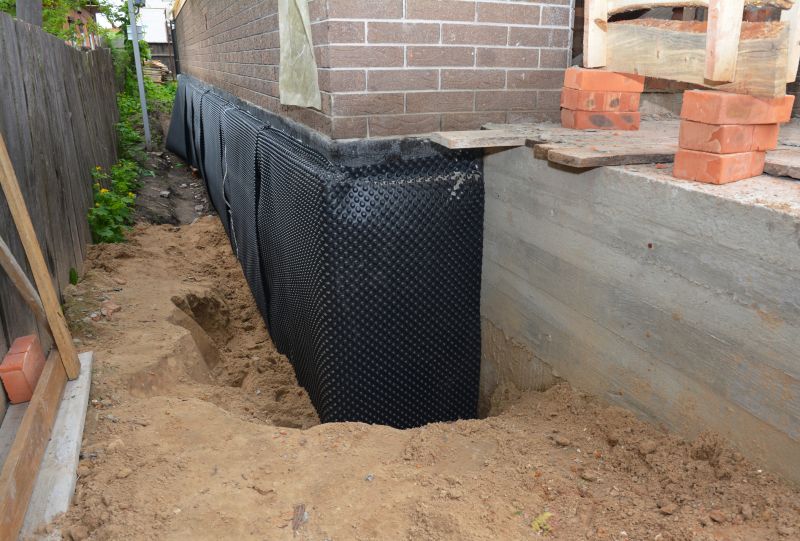
Image depicting waterproofing on exterior walls.
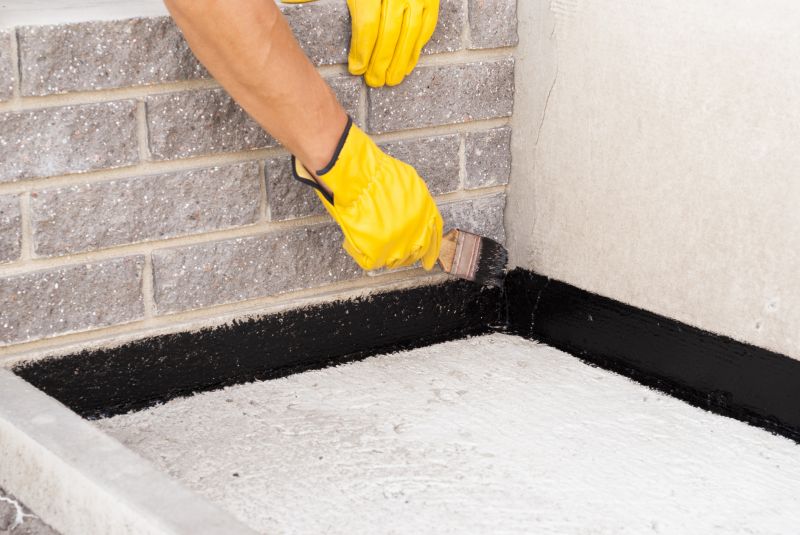
High-end options that actually feel worth it for Waterproofings.
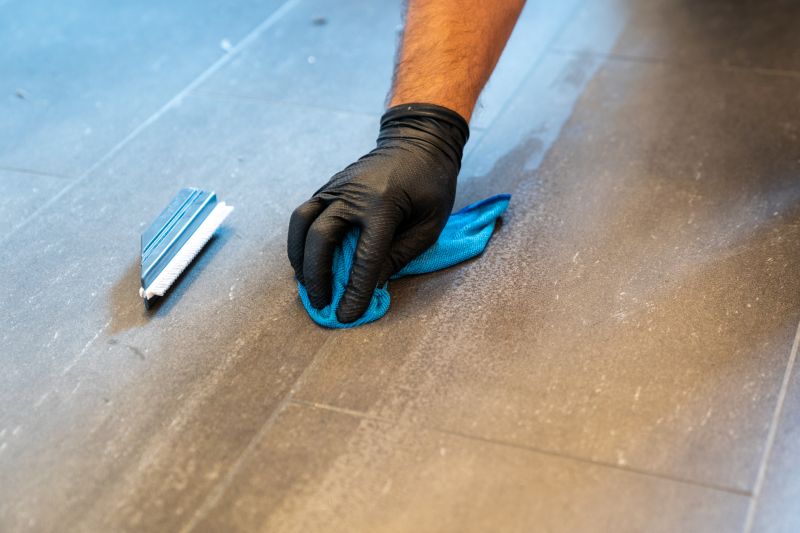
Finishes and colors that play nicely with Waterproofings.
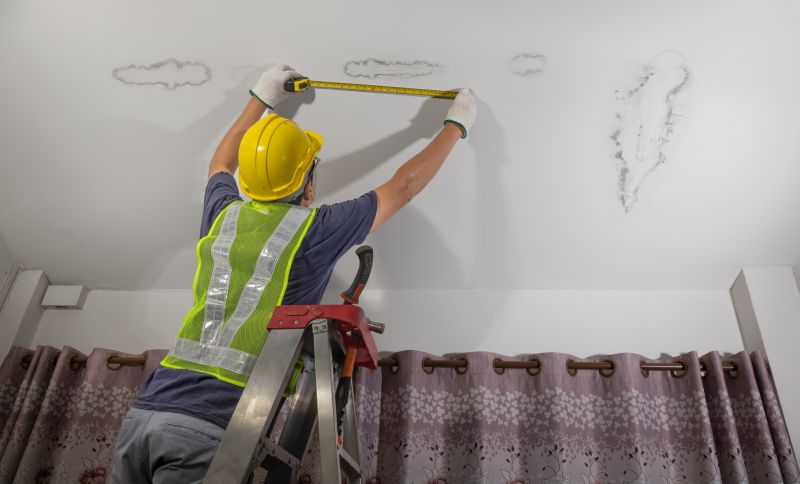
Little measurements that prevent headaches on Waterproofings day.
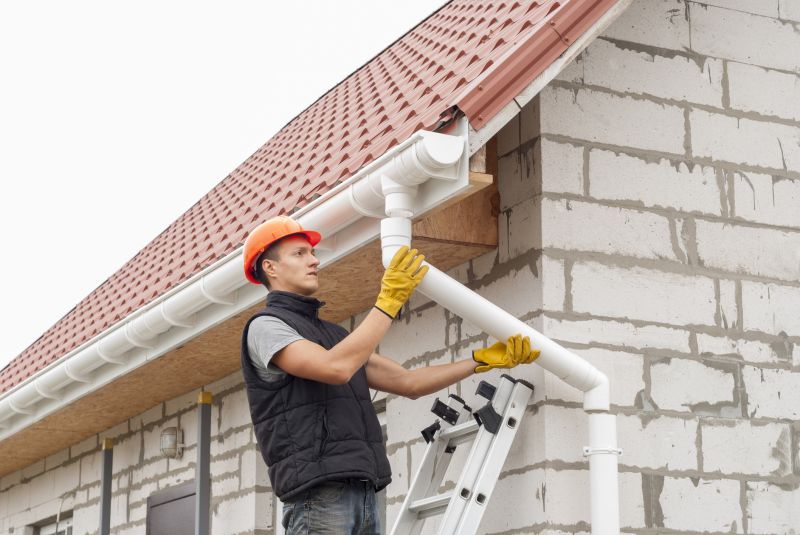
A 60-second routine that keeps Waterproofings looking new.
Choosing the right time for waterproofing ensures optimal results and longevity of the protection layer. It is recommended to plan waterproofing projects during seasons with stable weather conditions to avoid issues related to freezing, high humidity, or excessive rain. Proper timing can also minimize disruptions and ensure the application adheres correctly to surfaces.
Interested in waterproofing solutions? Fill out the contact form to discuss options and scheduling.


